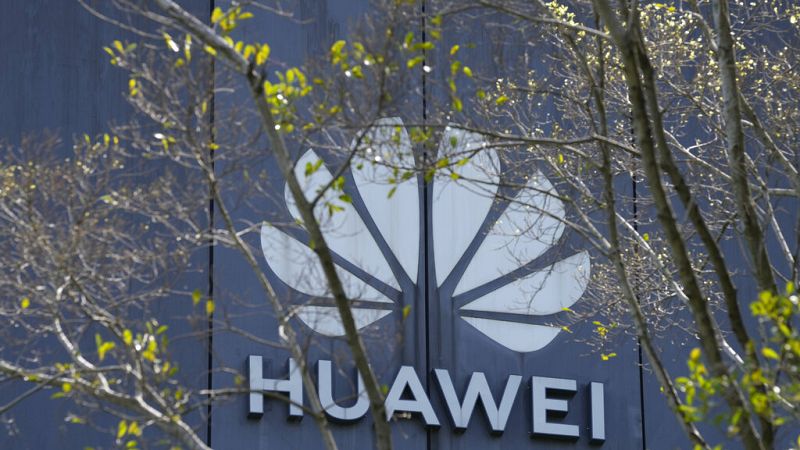
WHY THE US IS BANNING QUALCOMM AND INTEL FROM EXPORTING SOME CHIPS TO CHINA
Chipmaking giants Intel and Qualcomm have recently been told by the US government that they would not be allowed to export some chips to Chinese smartphone mogul Huawei anymore.
Both US companies have had certain licences and permits taken away. However, which ones in particular has not been confirmed.
Huawei has been targeted by restrictions imposed by the US government on technology exports since 2019, mainly due to it allegedly having links to China’s military and government.
There are also a number of fears that Huawei may be using its artificial intelligence and wireless technology in order to spy on American consumers on behalf of the Chinese government, thus posing a potential national security threat.
The US and China are also currently in a chip and artificial intelligence war, with the US making significant moves to block China’s access to high-performance chips, due to concerns about their potential usage and impact on geopolitical issues.
However, so far, some tech companies, such as Qualcomm and Intel, were given some leeway, though always with the expectation that further restrictions could be imposed at any time. Intel was even allowed to export its Core Ultra ‘Meteor Lake’ central processing units (CPUs) to Huawei, to be used in laptops. Other Chinese tech companies, such as Inspur, were also allowed to buy Intel processors.
This leeway, however, had not been very well-received by several US government figures, which has likely led to more pressure mounting and calls for a more decisive ban on Intel and Qualcomm exports to China.
On the other hand, China has been very vocal against this latest US move, with its foreign ministry highlighting that the US could be taking concerns of natural security a little too far and misusing export controls to unfairly subdue Chinese tech companies.
Congresswoman Elise Stefanik said in a statement: "Following my oversight, the Department of Commerce has finally responded to Congressional Republicans’ repeated demands to revoke export licenses for any US company that exports to known Communist Chinese spy company Huawei.
“This action will bolster US national security, protect American ingenuity and diminish Communist China’s ability to advance its technology. However, our work is far from finished.
“I will continue to conduct critical oversight to ensure that the Bureau of Industry and Security takes its role as a national security agency seriously by adding more companies to the entity list and revoking additional licences if needed. We cannot provide Communist China with any technology developed in the US that would give them an advantage.”
Major strides being taken by the US to reduce chip reliance on China
Simultaneously, the US is also trying to improve its own chip making capabilities and thus reduce its dependence on China. A significant step towards that has been the US Department of Commerce announcing that it would tentatively be extending about $6.14 billion in funding to Micron Technology, a US semiconductor company. This funding would be under the CHIPS and Science Act.
US Secretary of Commerce Gina Raimondo said in a press release: “Leading-edge memory chips are foundational to all advanced technologies, and thanks to President Biden’s leadership, America is rebuilding its capacity to produce these critical capabilities for the first time in almost two decades.
“With this proposed investment, we are working to deliver on one of the core objectives of President Biden’s CHIPS program- onshoring the development and production of the most advanced memory semiconductor technology which is crucial for safeguarding our leadership on artificial intelligence and protecting our economic and national security.
“With these proposed investments, coupled with Micron’s historic private investment of up to $125 billion (€116.4 billion) in New York and Idaho over the next 20 years, President Biden is working to revitalise US technological leadership and creating tens of thousands of good-paying jobs.”
2024-05-09T13:42:36Z dg43tfdfdgfd